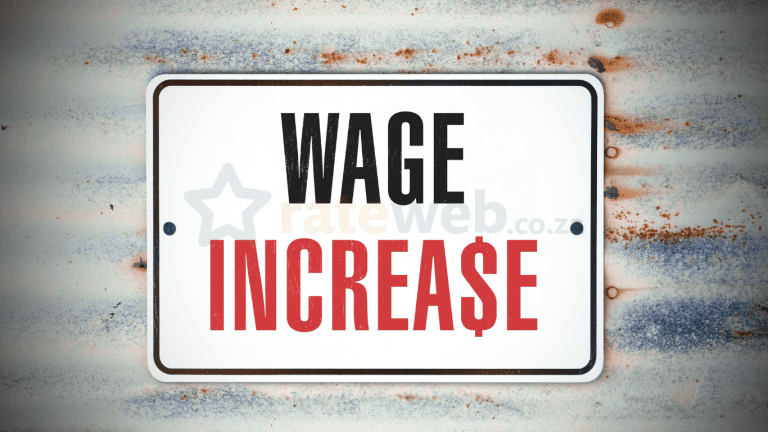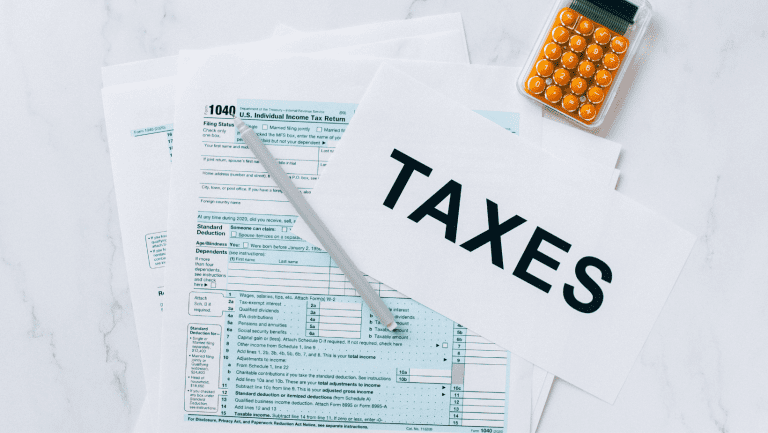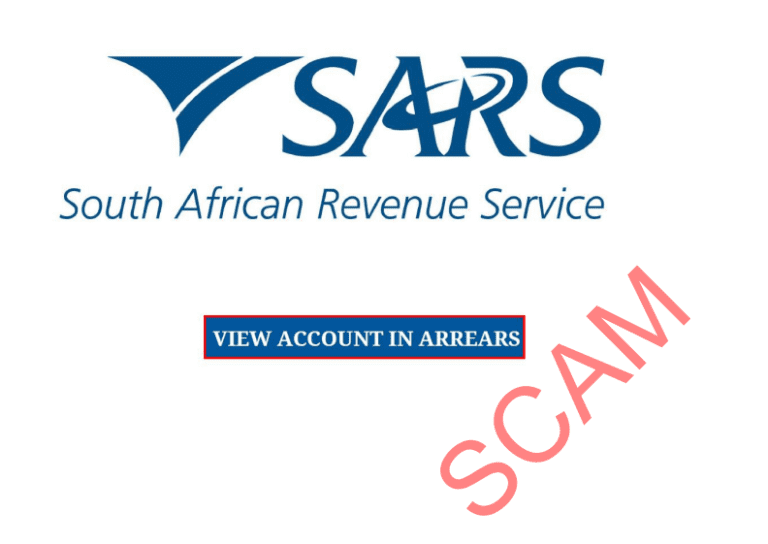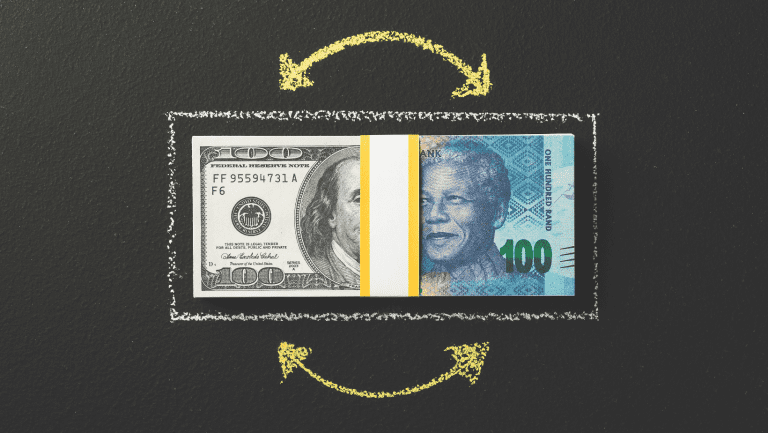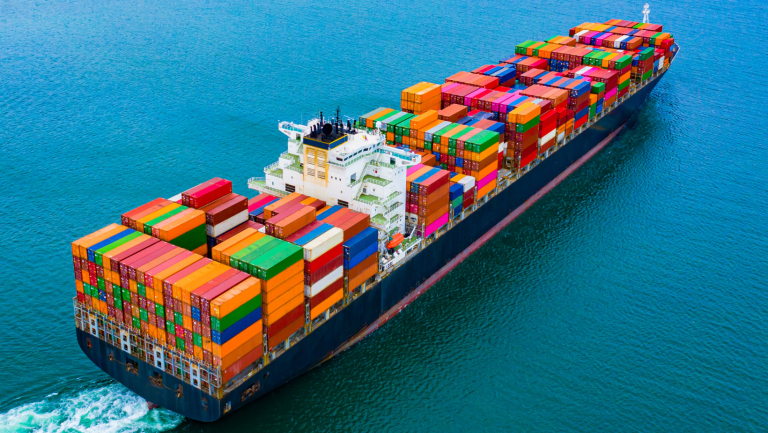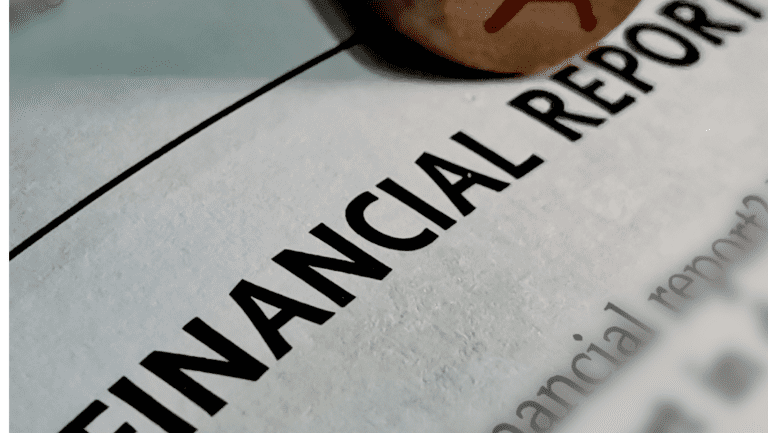- South Africa recorded a trade surplus of R3.5 billion in April 2023, boosted by exports outpacing imports. However, the year-to-date trade balance shifted into a deficit of R3.5 billion, showing a considerable deterioration from the R78 billion surplus of the comparable period in 2022.
- There was a significant month-to-month decrease in both exports and imports between March and April 2023. This decrease was driven mainly by lowered trade volumes in gold, platinum, and a reduction in the importation of crude oil and petroleum oil products.
- Despite the positive April surplus, the challenging year-to-date trade deficit underscores the need for effective policy measures to maintain a balanced trade scenario. This is crucial to ensure the economic stability and growth of South Africa amid fluctuating global market conditions.
Pretoria – South Africa’s preliminary trade balance recorded a surprising surplus of R3.5 billion in April 2023, marking a rebound in the country’s trading position, according to the South African Revenue Service (SARS). However, the country’s year-to-date (YTD) trade balance shows a worrying trend, deteriorating to a deficit of R3.5 billion.
The latest numbers, released by SARS, indicate a temporary recovery, with exports totalling R163.8 billion against imports of R160.3 billion for the month of April. These figures include trade activities with Botswana, Eswatini, Lesotho, and Namibia (BELN).
The April surplus stands in stark contrast to the YTD deficit, a slump from the previous year’s trade balance surplus of R78 billion recorded in the comparable period of 2022. The turn of events suggests a combination of rising import costs and decreased export revenues – a dual challenge that is pressuring South Africa’s external sector.
A year-on-year (YoY) comparison shows export flows for April 2023 were 7.4% higher than the R152.6 billion reported for April 2022. This rise in exports, however, was outpaced by a sharper increase in import flows. Imports soared by 17.8% YoY, rising from R136.1 billion in April 2022 to R160.3 billion in the current reporting period.
Although YoY figures show an overall increase in trade activity, month-on-month (MoM) data suggests a slowdown. Exports in April fell by R27.9 billion (14.5%) from R191.7 billion in March 2023, and imports also slipped by R25.1 billion (13.5%), down from R185.4 billion in the previous month.
The drop in exports was primarily driven by lower trade volumes in gold and platinum, two of South Africa’s key export commodities. Conversely, the fall in import value is attributed to a decrease in the importation of crude oil and petroleum oil products. This dual decrease could signify a broader slowdown in South Africa’s trade, with both supply and demand factors at play.
In an important disclosure, SARS has revised downwards the March 2023 preliminary trade balance surplus from R6.9 billion to R6.3 billion due to ongoing Vouchers of Correction (VOC). The R0.6 billion adjustment underscores the fluidity of trade data, which are often revised as further information becomes available.
While the April surplus is an encouraging sign for the country’s trading position, the deteriorating YTD balance underscores ongoing challenges in South Africa’s trade balance. With rising import costs and a slowing export sector, policymakers must work towards a more sustainable balance of trade to ensure economic stability and growth in the long run.
As the country continues to navigate the complexities of the global trade landscape, SARS’ regular updates provide a critical barometer of South Africa’s economic health. Market participants and policymakers will undoubtedly watch future releases closely, gauging the effectiveness of trade policies and the resilience of the South African economy amid fluctuating global market conditions.



